It was a remarkable event on Friday 16 August, when agent provocateurs disrupted a peaceful pro-Palestine demonstration at Amsterdam Central Station. It was a week after the daily demonstrations on Damplein were banned by mayor Femke Halsema.
The organizer of the daily anti-genocide demonstrations is Kolna Falasteen (meaning: we are all Palestinians). The founder is the Palestinian from Gaza dr. Moueen Alborsh. Until recently, the protests were held on the Damplein but were banned by mayor Halsema. On local tv AT5, the municipality of Amsterdam gave the following reasons: “that entrepreneurs are greatly inconvenienced by them and because of the frequent fights”. Serious fights have not taken place, but minor fights with mainly some pushing and pulling. These often arose after provocateurs shouted slogans, raised their middle finger or caused other negative behaviour by demonstrators. Kolna Falasteen started since the genocide, and is the right example of how brave activists should behave: there was a good relationship with the police, there were no daring actions such as blockades or occupations. Even the slogans that are invoked are relatively harmless. Slogans that are popular in student protests such as: No Justice No Peace, No Racist Police, were shortened at Kolna Falasteen to: No Justice No Peace, period.
All protests were mainly peaceful, there were no complaints from the police or local residents and no journalist reported about the protests. Despite the fact that Dr. Moueen himself comes from Gaza, from a family of medical specialists, a family that has lost more than 100 members in the Western-sponsored genocide.
One of the most famous was Dr. Adnan Alborsh, arrested by the IDF in the hospital where he worked and who a few months later paid a terrible torture death in an isolated prison. And despite the fact that Dr. Moueen has an interesting, but sad story about how he ended up in the Netherlands, this was no reason for documented journalism to interview Dr. Moueen or to report on the demonstrations, in fact we can therefore speak of censorship.
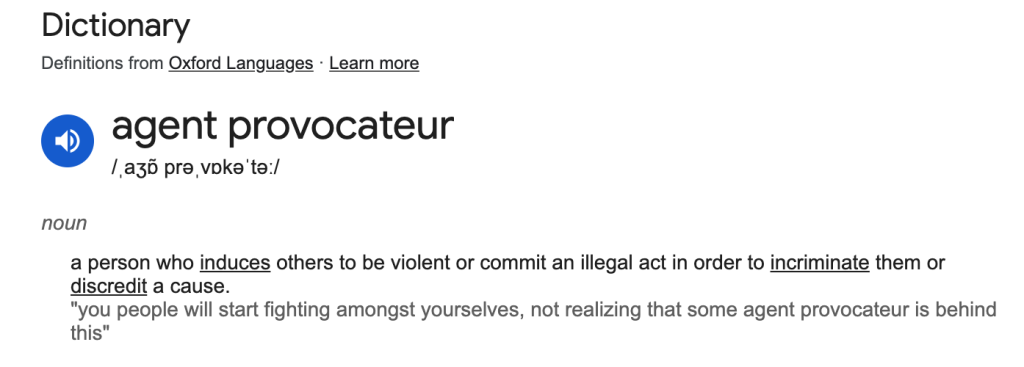
After ten months of genocide, the municipality mainly maintained a superficial presence and prohibited Kolna Falasteen from demonstrating at Dam Square. Discussions led nowhere, prompting Dr. Moueen to reject this decision by Femke Halsema, showing his rebellious side for the first time. Nevertheless, demonstrators gathered at Dam Square, where they were chased away by the police, leading to a cat-and-mouse game between the police and activists. Wherever the activists tried to protest, they were chased away, despite the right to demonstrate allowing for spontaneous protests. This continued for several days, with the noticeable presence of more police officers than activists. AT5 wrote about Kolna Falasteen for the first time without mentioning it by name, but the piece was primarily a one-sided account from the municipality, without any counterarguments. When it became clear that Dam Square had become a no-go area, Kolna Falasteen moved to Beursplein as a replacement location and then relocated to Central Station—the place where the organization had begun its daily demonstrations when the genocide started.
POLICE ARE NOWHERE TO BE SEEN; ACTIVISTS DEFEND THEMSELVES
The demonstration on August 16th was remarkable for several reasons. First, because of the fact that there was no police presence nearby, which was very unusual. Officers were present, but at a considerable distance, near the entrance of the station, about 150 meters away. Equally striking was the presence of five empty police cars parked close to the demonstration.
During the demonstration, speeches alternated with chants and music. Around 8:30 PM, about half an hour before the end, two men walked towards the person giving a speech. One of them shouted something in English about a hunger strike and mentioned that he was from Ireland.
It was difficult to make sense of his words, but it was clear that they were disrupting the demonstration. Dr. Moueen intervened, walked over to the provocateurs, and said, “This is our demonstration.” Several activists turned against the provocateurs, and some pushing and shoving ensued. The provocateurs received some punches, kicks, and a splash of hot coffee to their faces. Strikingly, they did not fight back and eventually backed away.
The skirmishes lasted for 5 to 10 minutes while the police were nowhere to be seen. When two officers finally arrived, Dr. Moueen expressed his frustration: “My people were attacked, and you did nothing? We were driven away from Dam Square because the municipality told us they couldn’t guarantee our safety, and now this happens.”
I, too, became angry and shouted at the police, “Where are you now?” One of the officers responded, claiming that “those police cars are unmanned.” I pointed out, “But you’re standing right there,” indicating the entrance of the central station, where 5 to 10 officers were stationed. The officer denied it, saying, “Those are not resources,” even though it was clear that they were indeed present.
The person giving a speech was a Palestinian, holding a microphone, and he thanked the police. This made me furious, so I walked over to him, interrupted his speech, and shouted, “How can you say that?” There was absolutely no reason to thank the police for anything. This man must have been an informant, and his words of thanks were probably prearranged.
Then, a group of about six white young men approached us, and one of them turned his backside towards the photos of the martyrs—a gross insult. It was an offense to all of us that couldn’t go unanswered: I kicked him in the backside, and another man came towards me but was held back. They, too, eventually left, and the speeches continued.
The entire incident seemed highly suspicious, resembling a premeditated action: the provocateurs, the absent police, and the speeches that thanked the police. Agent provocateurs are hired by the state with the aim of discrediting the opposition. In this case, it could lead to restrictions on anti-genocide demonstrations, using the same justification as was used for Dam Square—claims of too many altercations.
UNLIKELY CLAIMS: BLACK PROPAGANDA
A woman named Zeynep, who often gives speeches at Kolna Falasteen, delivered a speech after the skirmishes, making some highly unlikely claims. She mentioned beheaded babies on October 7th by Hamas, saying, “But Israel has beheaded far more babies.” The claim by Israel that Hamas had beheaded babies has already been widely debunked. She then spoke about Hamas rockets targeting Israel, stating that this would be a violation of international law: “Israel is itself the biggest violator when it comes to breaking international law.”
If Hamas’s homemade rockets are considered to violate international law, and since the beginning of the genocide, not a single Israeli has been killed by these rockets, then it would follow that any act of war would be against the rules of warfare. Beyond the factual inaccuracies implied in her claims, it’s also significant to criticize Palestinian resistance at a pro-Palestine demonstration. This gives weight to the argument that this woman might be engaged in black propaganda.
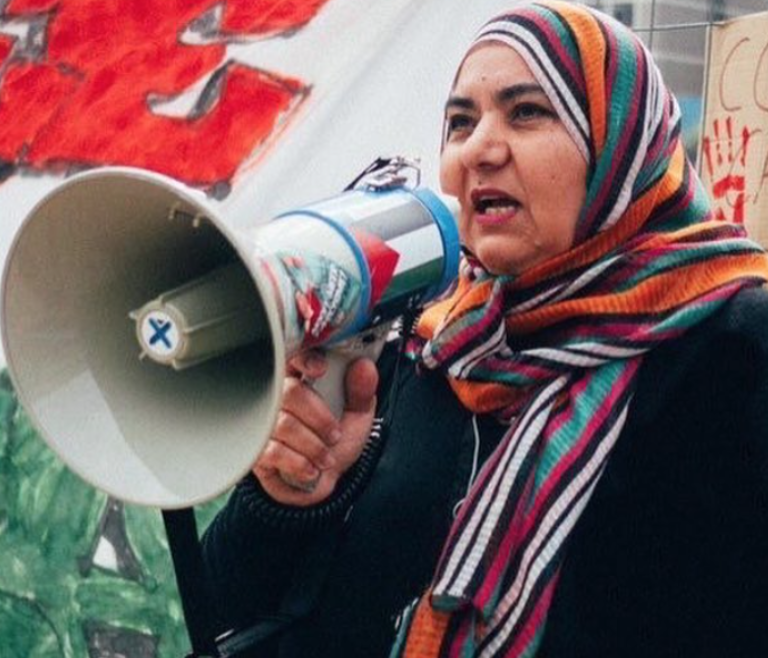
It was the same woman who, a few weeks earlier at a demonstration in front of the American embassy, had called on activists to chant “Bring them home,” the same slogan used by supporters of the Israeli hostages. Zeynep claimed that it referred to mandatory prisoners (hostages, she clarified), but using the slogan of another group, regardless of your views on the hostages, is inappropriate. My frustration with her grew, and I was still feeling the adrenaline from the skirmish just minutes earlier.
I told Zeynep that I also wanted to give a speech, and that I would criticise the police—something she had failed to do. Even though they heard me, they kept talking, and it was nearly 9:00 PM, the end time for the demonstration. I asked Dr. Moueen if he would intervene, and fortunately, he did, reluctantly handing me the microphone.
During my speech, I reminded everyone that we had been attacked yet again by Zionists, and that the police had failed to intervene every single time. This had happened the first time on the day the camp began, on May 7th at Roetersstraat, during the Nakba demonstration on May 11th at Museumplein, multiple times at Dam Square, and again today. Not once had the police intervened in time, and that couldn’t be a coincidence.
I also said this during my speech: “These provocateurs are sent by the government to intimidate us, hoping that we will stop attending pro-Palestine demonstrations. But they are wrong, and that’s why we must show our courage and keep showing up.”
If the police cannot ensure the safety of activists, if the mayor continues to violate our right to demonstrate, and if informants are being used on a large scale, we activists have no choice but to exercise our right to self-defense.
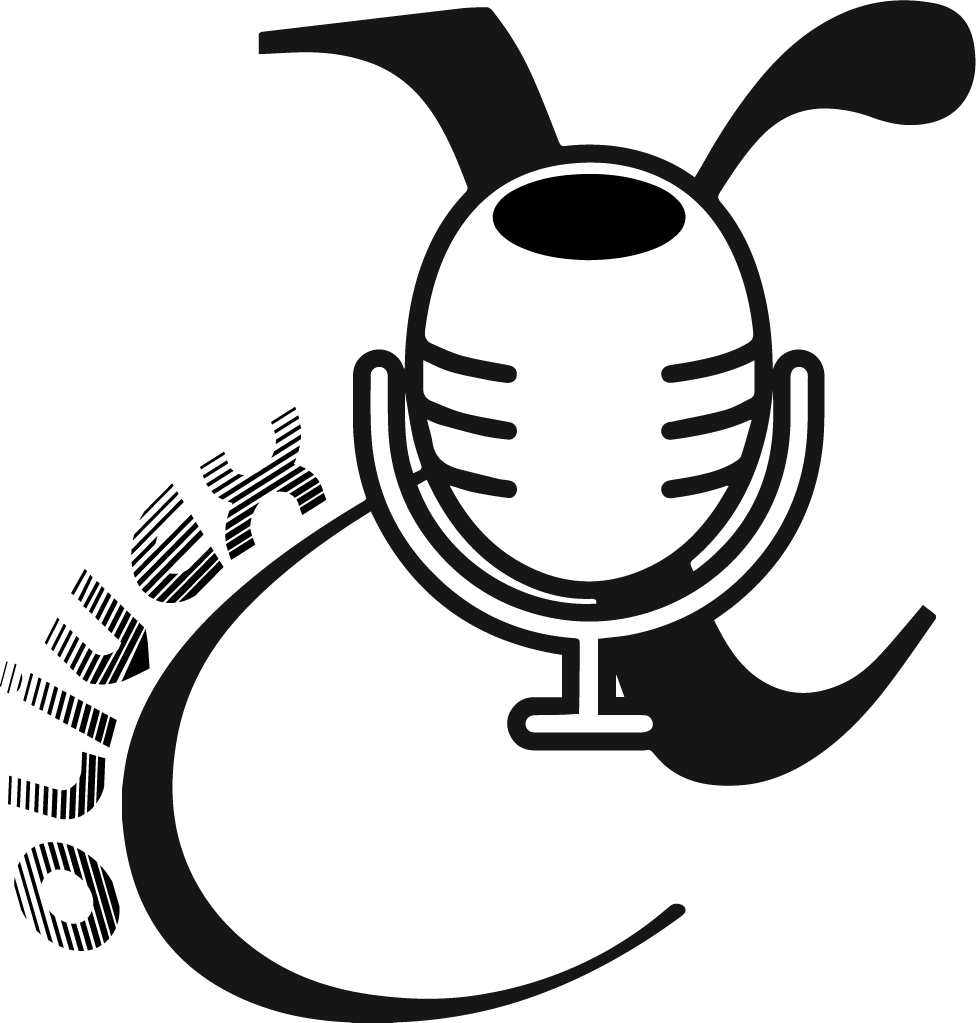
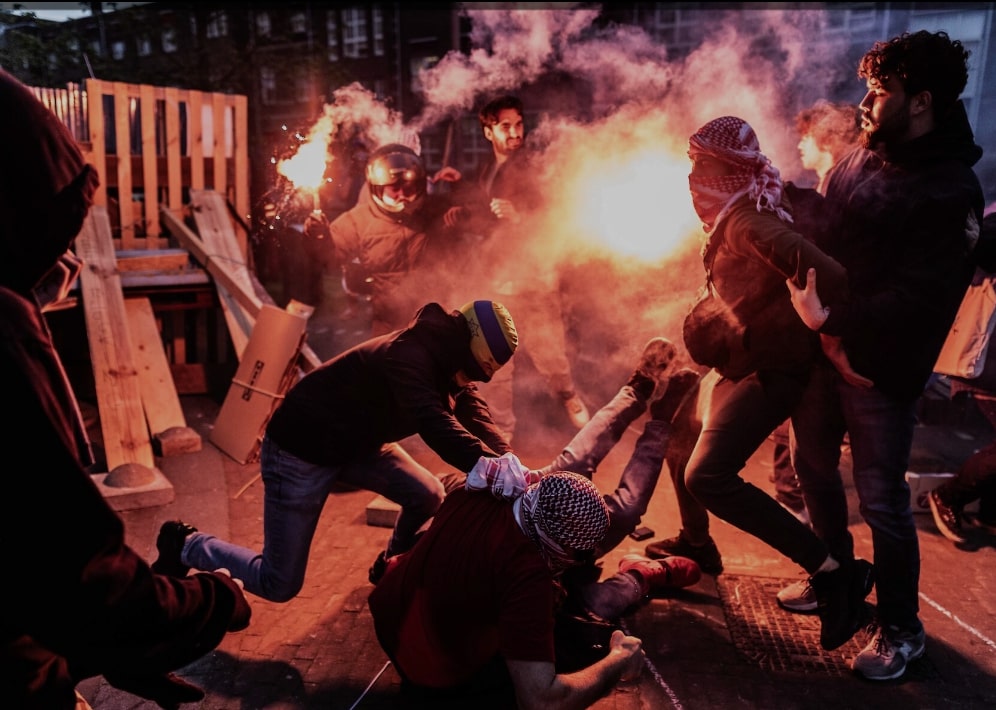
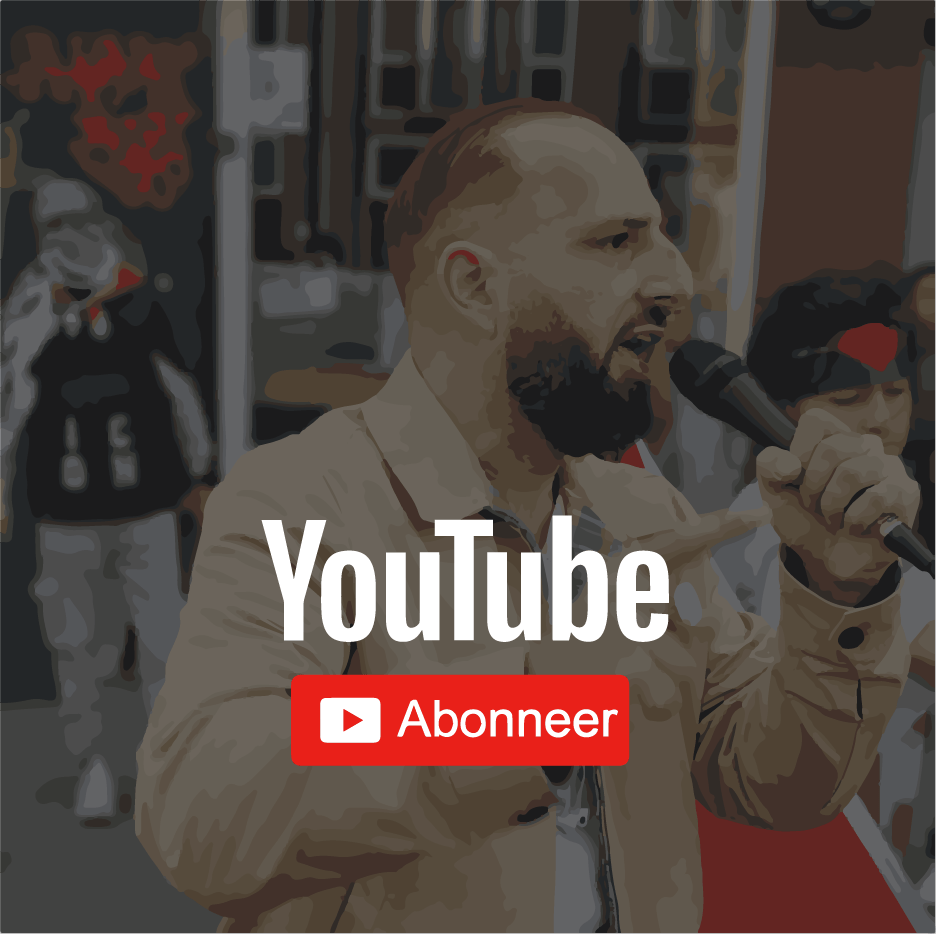
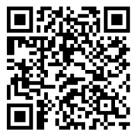
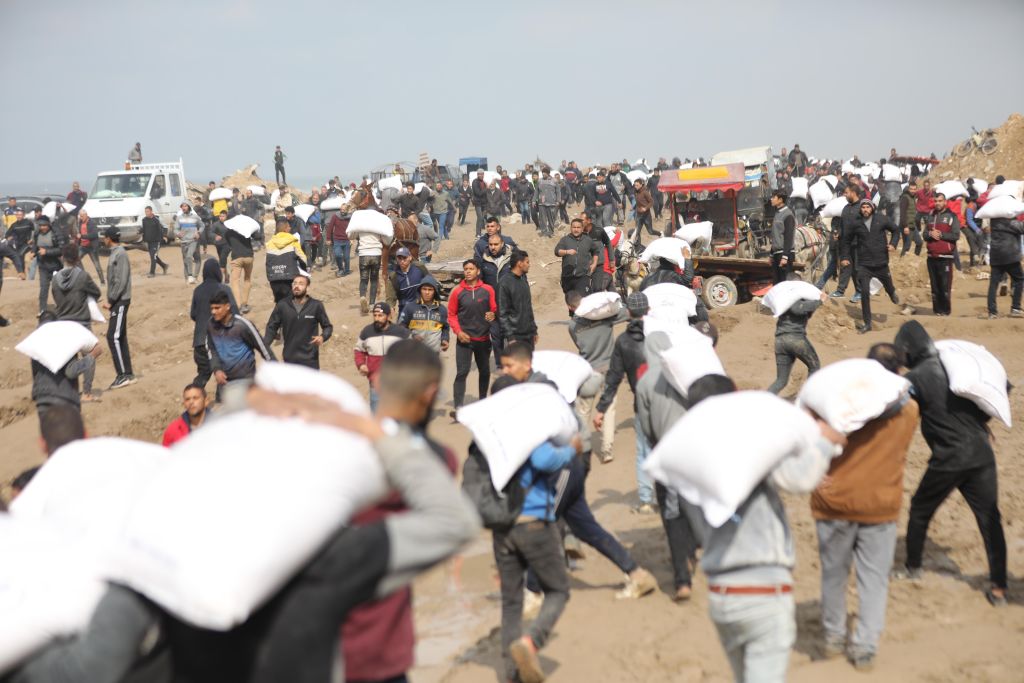
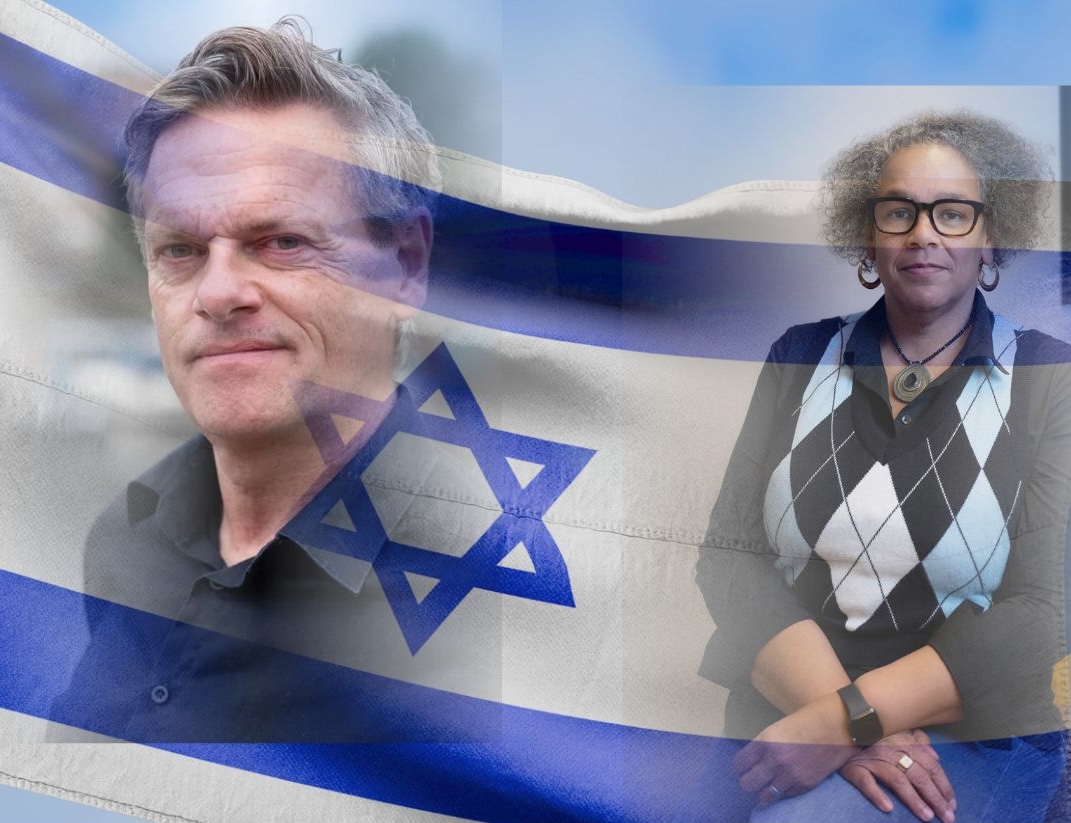
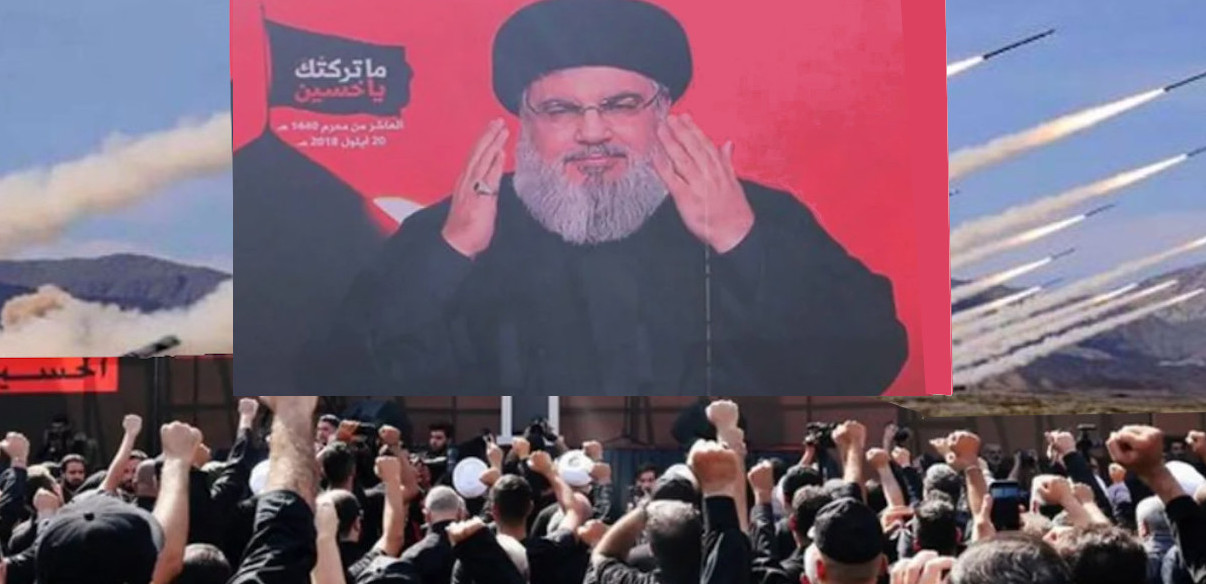
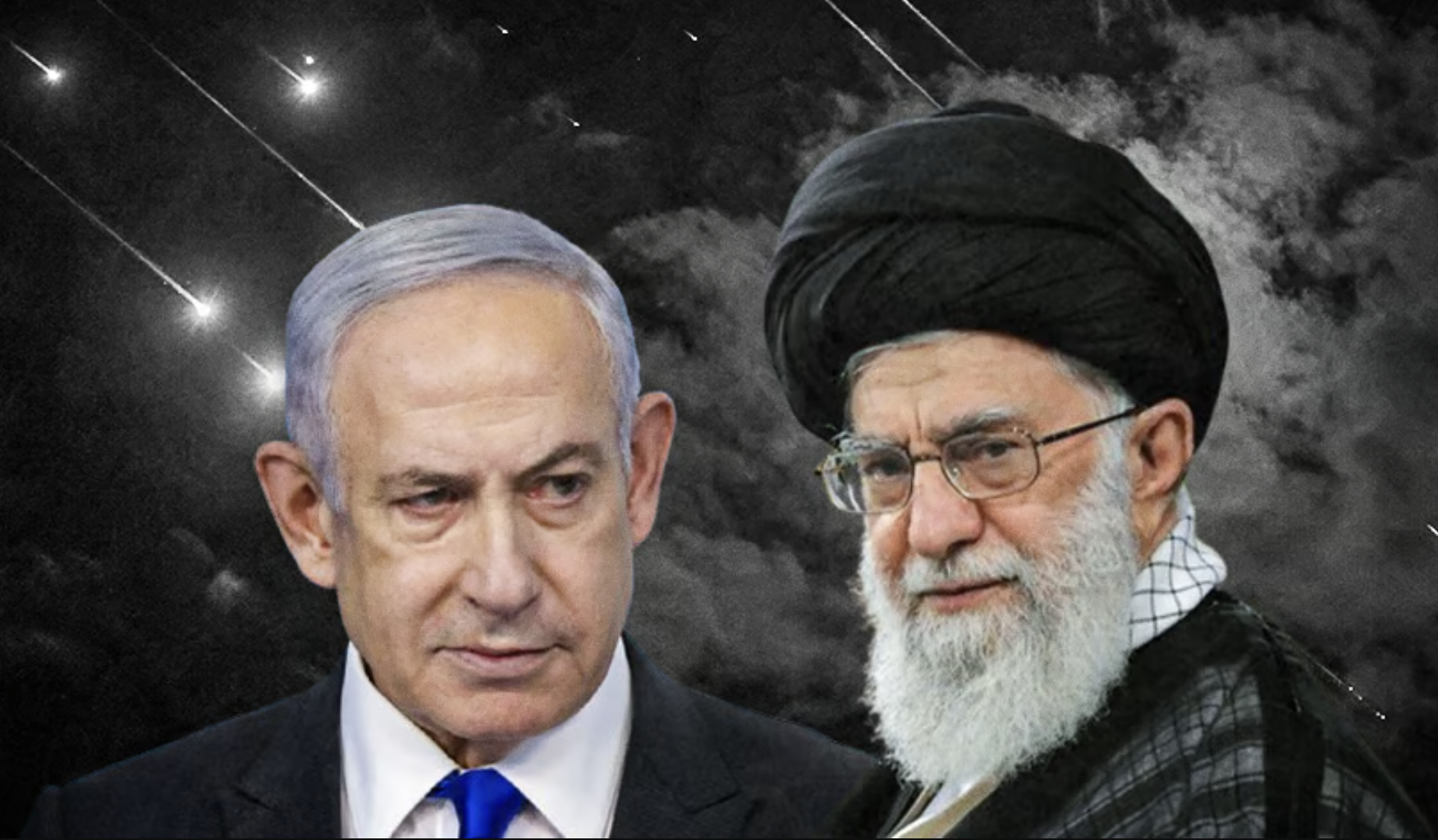

Join the discussion One Comment